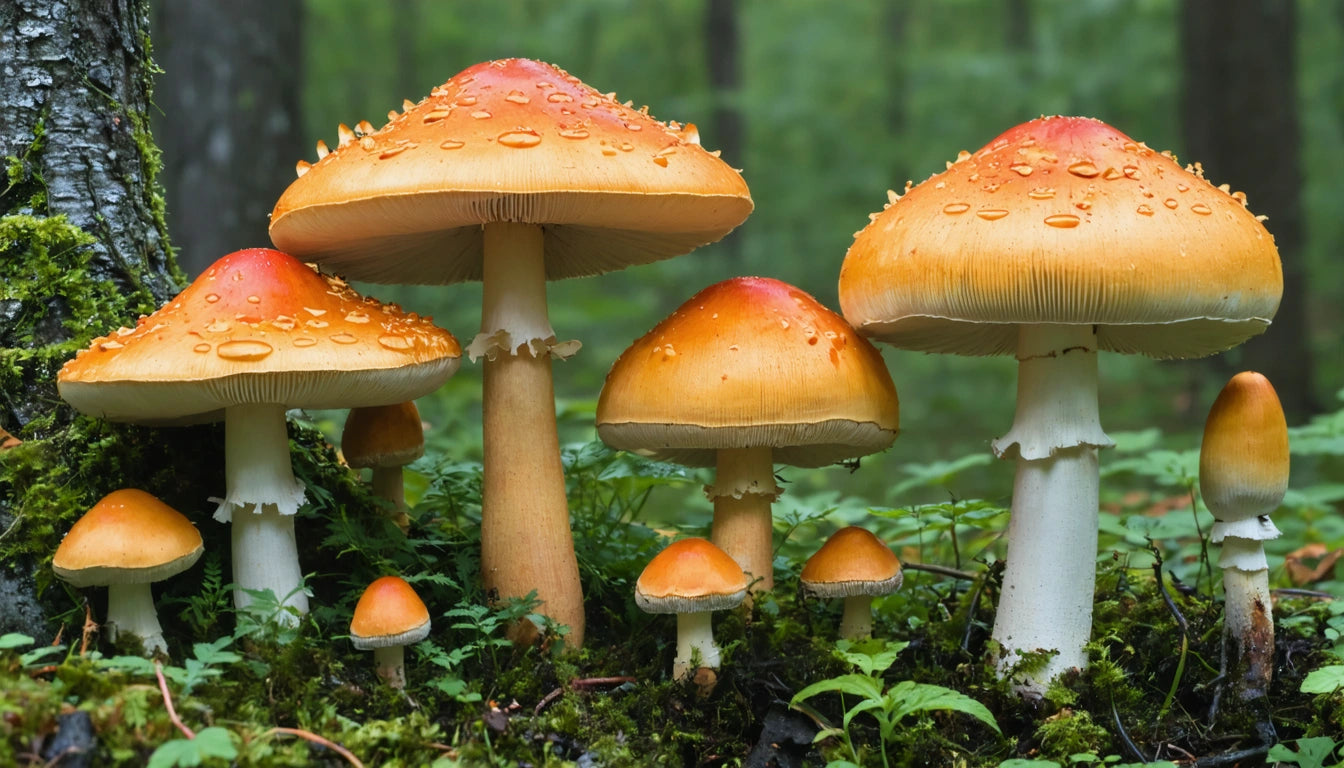Table of Contents
- THC Allergies: Symptoms, Causes, and Prevalence
- THC and Medication Interactions: Understanding the Risks
- THC Transmission: Addressing Common Misconceptions
- THC Immunity and Tolerance: Why Some People Feel Different Effects
- THC and Skin Health: Connection to Acne and Skin Conditions
- THC and Inflammation: The Dual Nature of Cannabinoids
- THC and the Immune System: Current Research and Understanding
- Future Research Directions: Advancing Our Understanding of THC and Health
Exploring the Impact of THC on Allergies, Immunity, and Health
As cannabis becomes more mainstream, questions about how THC interacts with our bodies continue to emerge. From concerns about allergic reactions to questions about immunity and overall health effects, understanding THC's complex relationship with human physiology is increasingly important for consumers and healthcare providers alike.
THC Allergies: Symptoms, Causes, and Prevalence
The question "can you be allergic to THC" is more common than many realize. While rare, THC allergies do exist and can manifest in various ways. According to research, cannabis allergies may affect approximately 1-2% of the general population, though exact numbers are difficult to determine due to limited reporting and research.
When asking "can someone be allergic to THC," it's important to understand that allergic reactions can range from mild to severe. Symptoms may include:
- Skin reactions: rashes, hives, or itching
- Respiratory issues: runny nose, sneezing, or asthma-like symptoms
- Eye irritation: redness, itching, or watering
- In severe cases: anaphylaxis (though extremely rare)
Interestingly, some individuals may be allergic to other components of the cannabis plant rather than THC itself. Pollen, mold, or other plant compounds can trigger reactions in sensitive individuals. For those wondering "can people be allergic to THC," the answer is yes, but distinguishing between THC allergies and sensitivities to other cannabis components requires proper medical evaluation.
THC and Medication Interactions: Understanding the Risks
A common concern is whether THC can interfere with medications, particularly inhalers used for asthma or other respiratory conditions. The question "can THC interfere with albuterol inhaler" highlights important considerations about drug interactions.
THC is metabolized by the cytochrome P450 enzyme system in the liver, the same system that processes many medications. This creates potential for interactions with various drugs, including some components of respiratory medications. While direct studies on THC and albuterol are limited, caution is warranted.
For patients using inhalers or other respiratory medications, it's advisable to:
- Consult with healthcare providers about potential interactions
- Monitor for changes in medication effectiveness
- Consider separation timing between THC use and medication administration
Understanding how THC works in the body can help users make more informed decisions about potential drug interactions.
THC Transmission: Addressing Common Misconceptions
The question "can THC be transmitted sexually" reflects common misconceptions about how cannabinoids move between people. To clarify: THC cannot be transmitted through sexual contact in ways that would cause psychoactive effects in a partner.
However, trace amounts of THC metabolites might be present in bodily fluids of cannabis users. These amounts are typically negligible and would not cause impairment or positive drug tests in partners. THC primarily remains in the bloodstream and fatty tissues of the user, as detailed in resources about THC's impact on the bloodstream.
THC Immunity and Tolerance: Why Some People Feel Different Effects
When people ask "can you be immune to THC," they're often referring to tolerance rather than true immunity. No one is completely immune to THC's effects, but sensitivity varies widely based on several factors:
- Genetic differences in endocannabinoid receptors
- Previous cannabis exposure creating tolerance
- Metabolic variations affecting THC processing
- Body composition differences (THC is fat-soluble)
For regular consumers, tolerance develops as the body adapts to consistent THC exposure. This can create the impression of being "immune" when higher doses are required to achieve the same effects. Understanding THC overconsumption risks is crucial for those who might increase dosage due to tolerance.
For those experiencing diminished effects, using efficient consumption methods can help maximize bioavailability. Many consumers find that properly ground cannabis material provides more consistent effects by creating even particle size for better vaporization or combustion.
THC and Skin Health: Connection to Acne and Skin Conditions
The question "does THC cause acne" reflects growing interest in cannabis's effects on skin health. The relationship between THC and acne is complex and individualized:
- Hormonal effects: THC may influence hormone levels in some users, potentially affecting sebum production
- Indirect factors: Lifestyle changes associated with cannabis use (dietary changes, sleep patterns) might impact skin health
- Individual variations: Genetic predisposition and existing skin conditions play significant roles
Current research shows mixed results, with some studies suggesting potential benefits of cannabinoids for certain skin conditions, while others note possible exacerbation of issues in some individuals. The relationship between THC, metabolism and hydration may also indirectly influence skin health.
THC and Inflammation: The Dual Nature of Cannabinoids
When examining whether "does THC cause inflammation," research reveals a nuanced picture. THC demonstrates both pro-inflammatory and anti-inflammatory properties depending on:
- Dosage and concentration
- Individual physiology and endocannabinoid system function
- Specific tissues and conditions being affected
- Presence of other cannabinoids and terpenes
At lower doses, THC often exhibits anti-inflammatory effects by binding to CB2 receptors found throughout the immune system. However, in some contexts or at higher doses, it may promote inflammatory responses in certain individuals. This dual nature explains why experiences with THC and inflammation vary widely among users.
Understanding THC and THCA differences is relevant here, as THCA (the non-psychoactive precursor to THC) has shown distinct anti-inflammatory properties in preliminary research.
THC and the Immune System: Current Research and Understanding
Questions like "does THC affect your immune system" and "does THC lower your immune system" reflect important health considerations. Current research indicates that THC does interact with the immune system through several mechanisms:
- Modulation of cytokine production
- Influence on T-cell function
- Effects on inflammation pathways
- Interaction with the endocannabinoid system's immune regulation
While some studies suggest THC may have immunosuppressive properties, the clinical significance remains unclear. For most healthy individuals, occasional THC use likely has minimal impact on immune function. However, those with compromised immune systems or specific health conditions should exercise caution and consult healthcare providers.
The relationship between THC consumption and liver health also plays a role in immune function, as the liver is integral to both metabolic and immune processes.
Future Research Directions: Advancing Our Understanding of THC and Health
As cannabis research continues to evolve, several key areas warrant further investigation to better understand THC's impact on allergies, immunity, and overall health:
- Standardized protocols for diagnosing and treating cannabis allergies
- Comprehensive drug interaction studies between THC and common medications
- Long-term studies on THC's effects on immune function in various populations
- Research on genetic factors influencing individual responses to cannabinoids
As regulatory barriers to cannabis research continue to decrease, our understanding of these complex interactions will likely improve substantially in coming years. This will enable more personalized approaches to cannabis use based on individual health profiles and specific concerns about allergies, immunity, and overall wellness.











Leave a comment
All comments are moderated before being published.
This site is protected by hCaptcha and the hCaptcha Privacy Policy and Terms of Service apply.